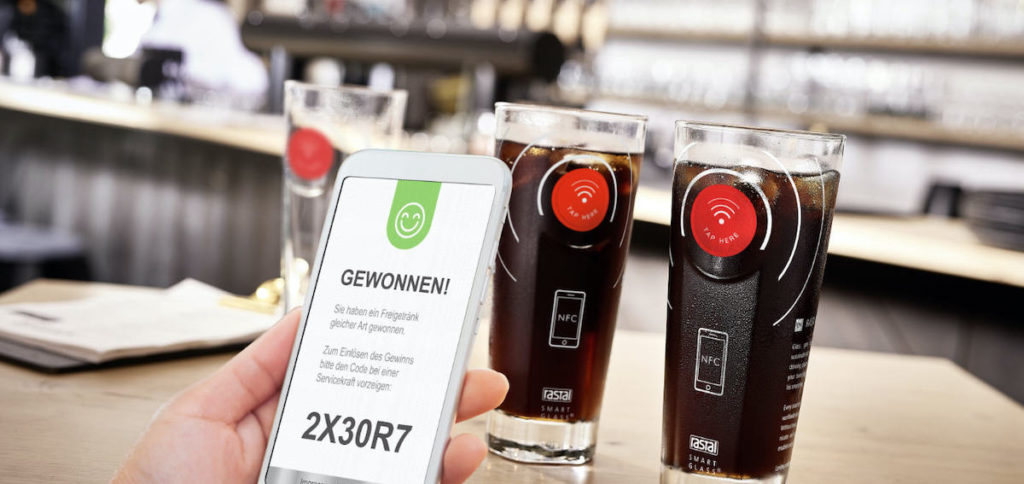Artificial intelligence is making its presence known in the beverage industry

Artificial intelligence (AI) is a topic of growing importance for the beverage industry and its suppliers. There is still a lot of speculation as to how AI can be best integrated into the relevant business models, but there is no denying that the beverage industry is making greater use of it.
Large amounts of data are collected from sensors, as well as through warehousing and marketing, encouraging the use of artificial intelligence for data evaluation and utilization. All company divisions produce information that can be utilized. Any meaningful use of data requires smart systems and artificial intelligence is increasingly being factored in as a part of this. Machines are able to make decisions independently by using appropriate algorithms to identify data patterns and then compare and match it to types of behavior.
Supply companies are developing ways to use AI in the beverage industry
The definition of AI is not that easy to pin down and even experts are often keen to avoid having to specify exactly what it means to them. The Gabler dictionary of economic terms states: “Artificial intelligence (AI) concerns methods which enable a computer to carry out tasks which, when carried out by humans, require intelligence.”
Increasingly, supply companies are beginning to provide opportunities for artificial intelligence to be used in the beverage industry. Krones subsidiary Syskron, for example, has created the IIoT multi-client platform Share2Act, which will enable all machines (regardless of manufacturer) used in production to be interconnected and mapped. The system also features numerous functions found in classic MES suites.
It should provide a solid foundation for artificial intelligence in the entire beverage industry as the collection, classification and back-up of extensive production data will enable smart systems to make concrete assertions and provide concrete recommendations for action. This will enable taking the beverage industry’s shifting parameters into consideration.
AI can open up new opportunities at the point of sale
Smart solutions are also expected to be deployed more heavily in the future at the POS, for example, as a part of empty container return systems. “It is very important for modern reverse vending machines, or RVMs, to boast a swift and precise identification process. First of all, the system needs to learn all the different bottles and deposit amounts,” says Frank Höhler, Senior Vice President of Tomra Systems. These days, modern (reverse) vending machines can exchange information with each other via a separate IoT platform. According to Höhler, with this in mind, in the beverage industry of the future, AI will make it possible to obtain real-time information on the number and quality of the returned empty containers, and then draw corresponding conclusions based on that information.
“Smartglass”: The clever AI-supported communications tool doing the rounds in the beverage industry
The Rastal “Smartglass”, which makes clever use of AI and is thus opening up a whole host of new opportunities for the beverage industry, bars and restaurants as well as end consumers, is equally interesting. It is a drinking glass which is fitted with an NFC (near field communication) chip. Each NFC chip has its own unique ID number meaning that each glass has its very own identity.
In a smart bar, this kind of chip can communicate directly with a reader chip and the data can be transferred wirelessly into Deutsche Telekom’s Cloud of Things. Together with Deutsche Telekom, the company has developed a digital solution, especially for bars and restaurants, which uses valid data to enable efficient processes. The platform analyzes the data and can process, for example, the type and number of drinks ordered as well as the times they were ordered in a clear and concise way. The established data enables users not only to understand the current status quo but also to better plan work schedules by deciding when extra servers should be on the floor. Bar and restaurant managers can also analyze other things such as what influence the weather has on consumption and find out on which weekdays customers drink more beer or on which weekdays they tend to opt more for non-alcoholic beverages.

The “Smartglass” can also communicate directly with end consumers. All they have to do to read an NFC chip is hold their smartphone or tablet up next to the chip which is integrated into the glass. As such, the glass enables the beverage industry to send out personalized, target group-specific communications to consumers, such as information about competitions, special events, the brand, and recommended drinks.
Creating new recipes with the help of AI
A recent bold move by Mackmyra is a prime example of how AI can even be used to help develop new drink recipes. The Swedish whiskey distillery recently collaborated with Microsoft and Fourkind, a Finnish company specializing in the use of artificial intelligence, to create what is apparently the world’s first whiskey ever to be developed with the help of artificial intelligence. The system was fed with existing blending recipes, sales data, and customer preferences. The result is the “Intelligens” blend which the company released as a limited-edition run at the end of last year.
According to Capgemini, manufacturing companies working in the worldwide beverage industry plan to build 40% more smart factories in the next five years. In Germany, 43% more factories of this type are expected to be constructed over the same time period. Capgemini estimates that over the next five years, smart factories will be able to contribute between USD 1.5 trillion and 2.2 trillion to the global economy.
“Although lacking human expertise, we can teach machines to understand what elements previous recipes and products are made of and how they are perceived and ranked by customers and experts,” explains Jarno Kartela, Principal Machine Learning Partner at Fourkind. This also means that recipes for numerous other beverages, whether alcoholic or non-alcoholic, could be developed in the beverage industry of the future with the help of AI.
AI can also help consumers choose the right drink
Artificial intelligence can also be used in the beverage industry to help end consumers choose the right drink. “What’s Your Whisky?”, a digital app recently launched by the beverage producer Diageo, is a prime example of exactly how this can work. It is designed to help consumers discover their favorite whiskey based on their answers to a series of questions about their personal taste and flavor preferences. Andy Parton, Senior Regional Manager at Diageo, says: “The ‘What’s Your Whisky?’ mobile experience allows consumers to explore a wide range of our Single Malts in a personalized and completely new way.” It is a new business model which has the potential not only to increase revenue but also to reinforce customer loyalty and could be applied to other sectors of the beverage industry.
Digital ethics are absolutely paramount
All of the aforementioned applications not only suggest that the industry has a promising and interesting future ahead but also represent a huge amount of potential that needs to be unlocked and put to good use. The use of artificial intelligence, however, is certainly not without its skeptics who warn against the perils of relinquishing control. Manuela Mackert, Chief Compliance Officer at Deutsche Telekom, says: “Artificial intelligence opens up all sorts of possibilities, but it also has its risks. As such, fundamental values must be respected and upheld. The acceptance and use of AI will increase with digital ethics.” Together, with other companies and institutes, Deutsche Telekom has therefore, developed AI guidelines for their AI processes and products and how to handle them. Mackert continues: “We are convinced that the huge potential of AI will ultimately only be realized if AI is aligned with people’s needs.”
Are you keen to finally discover your favorite whiskey, communicate with a smart glass or find out about other trends and developments relating to artificial intelligence in the beverage industry? Experience them first hand for yourself by attending drinktec from September 13 to 17, 2021 at the Munich trade fair. Are you still looking for a platform to showcase your innovative products and services in this segment? Then join us at the next drinktec.
